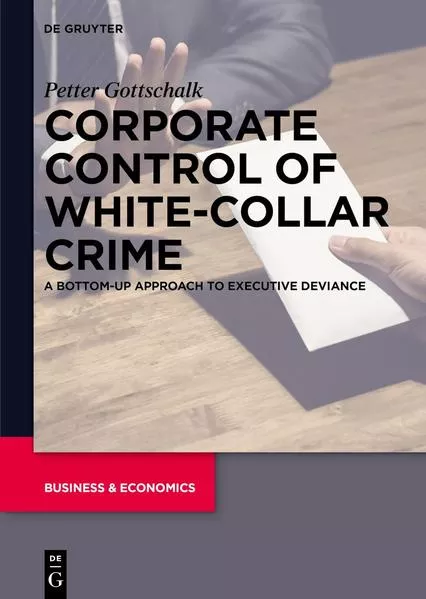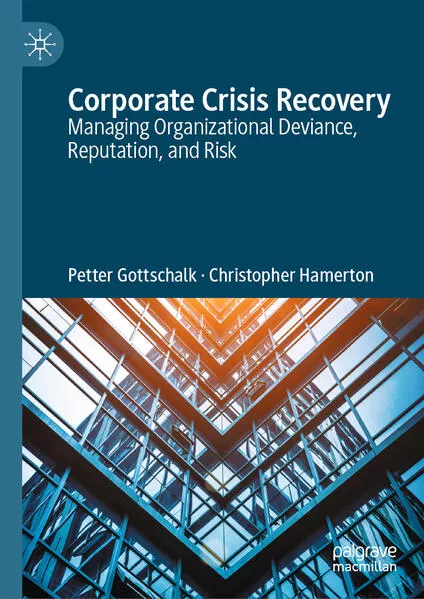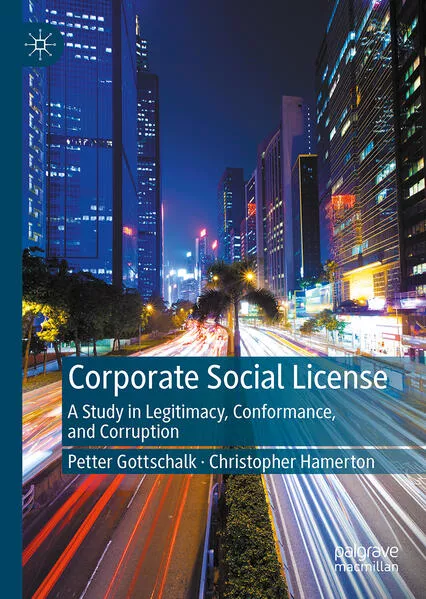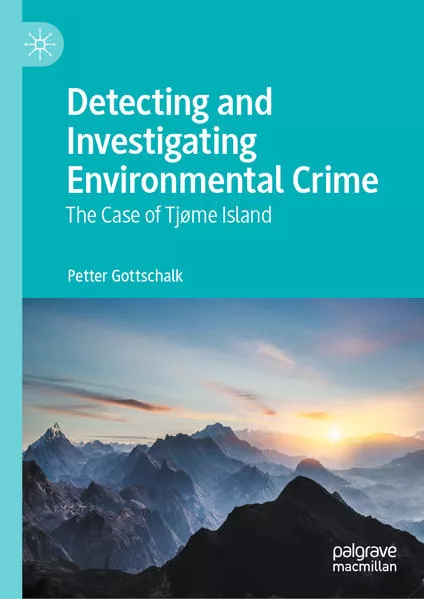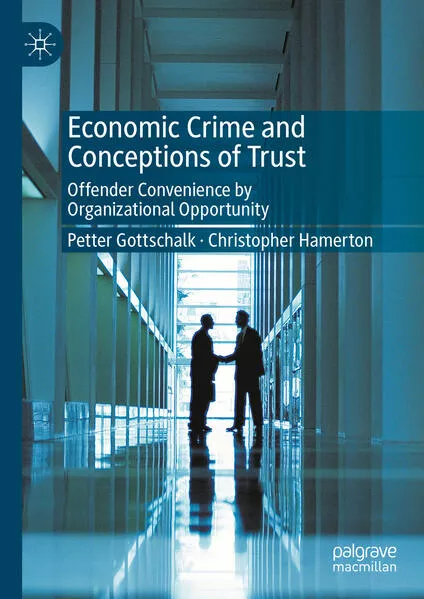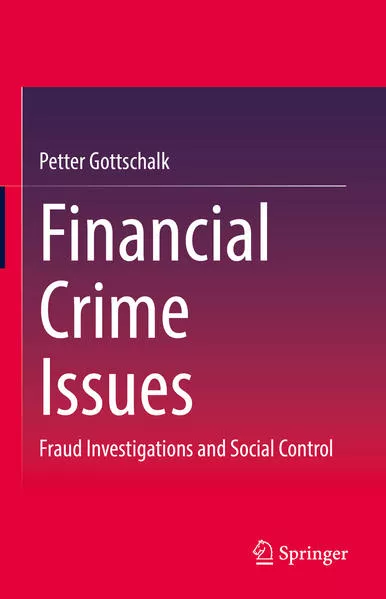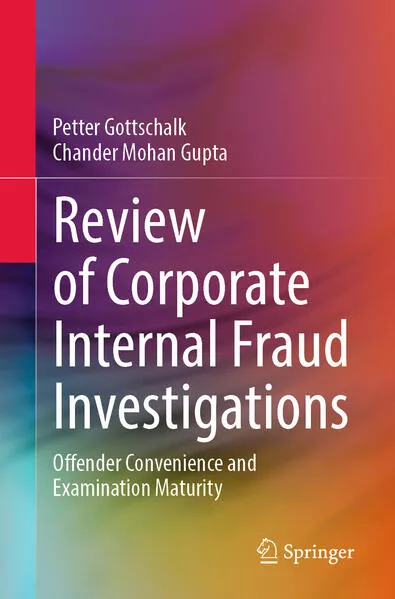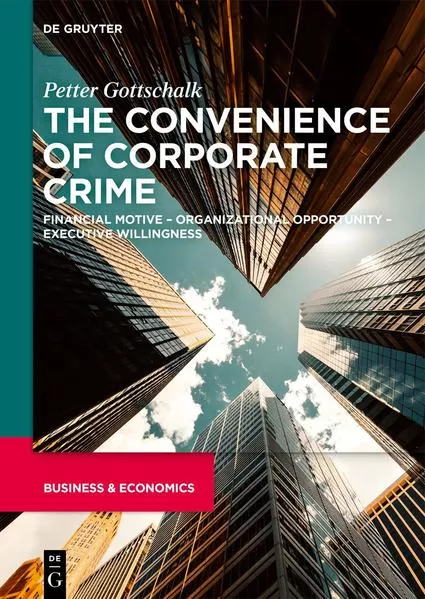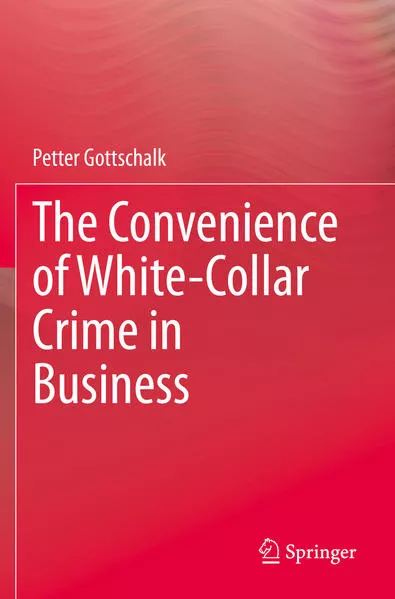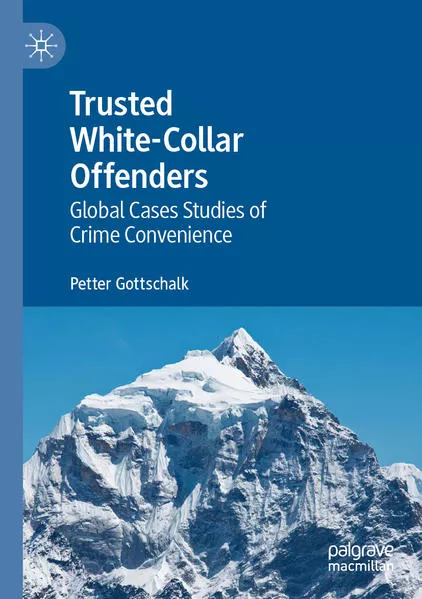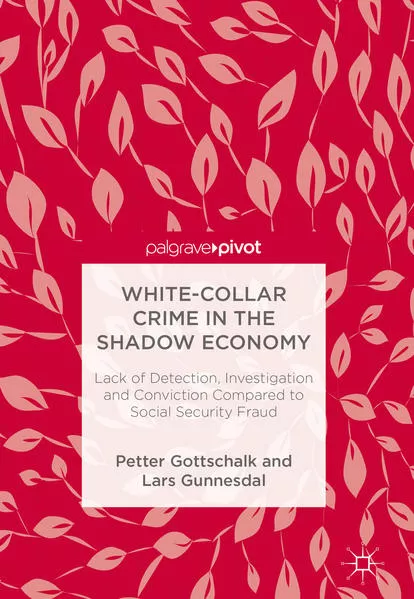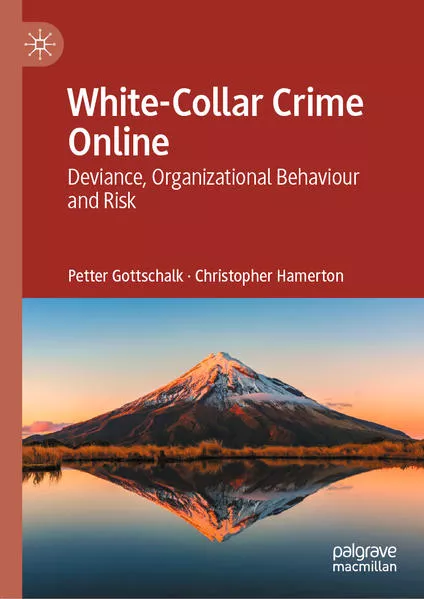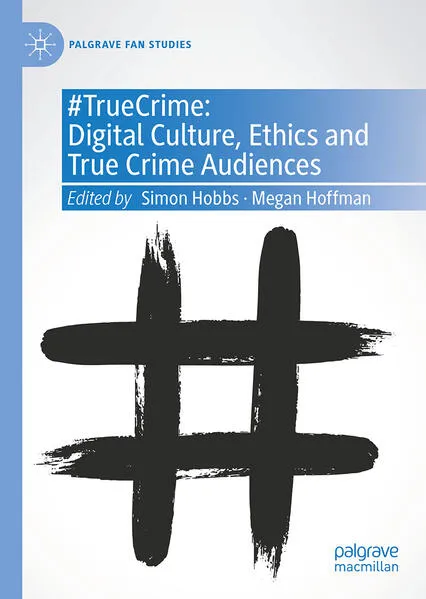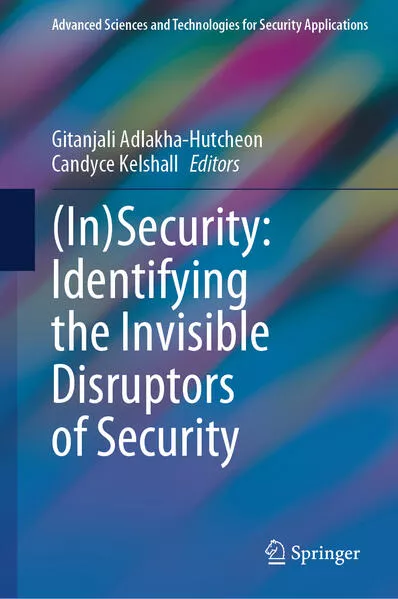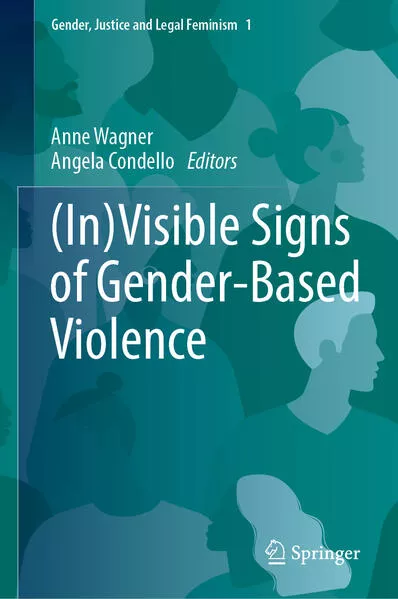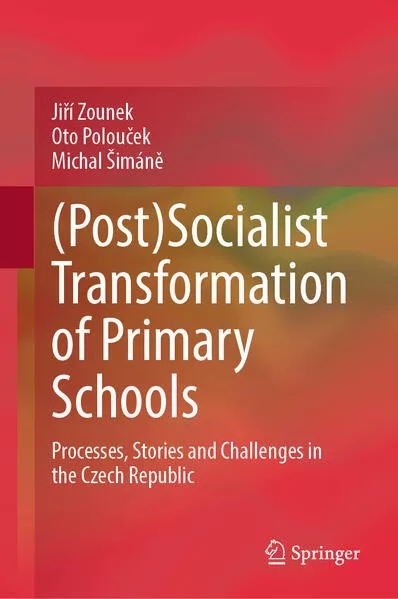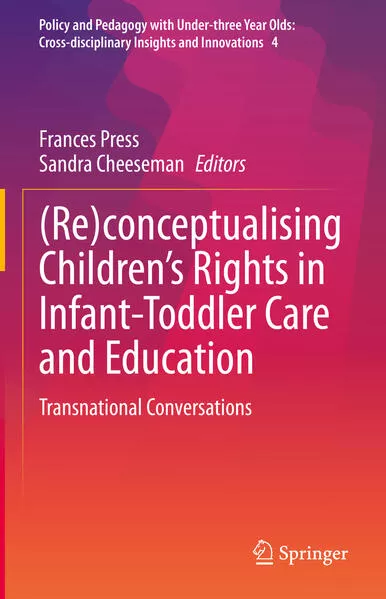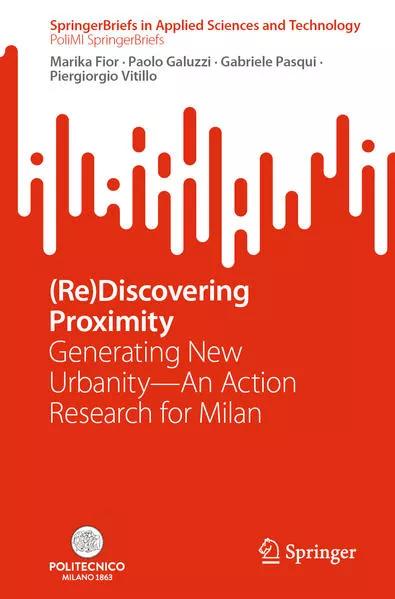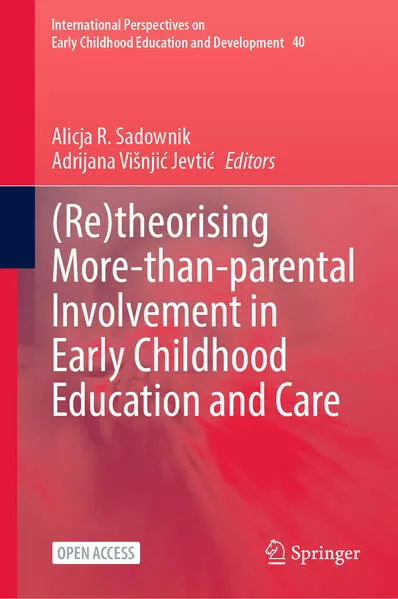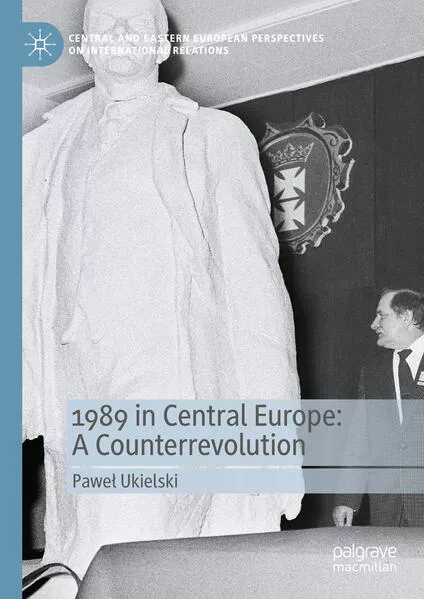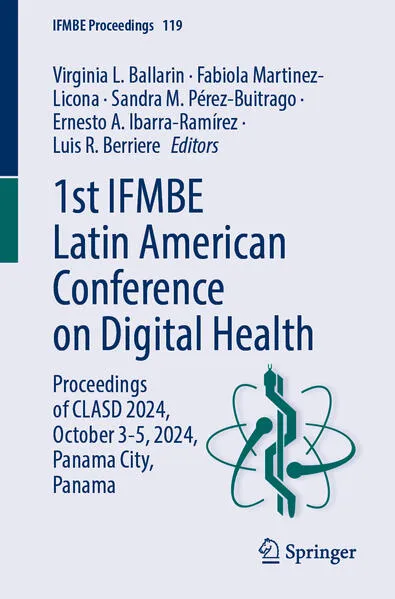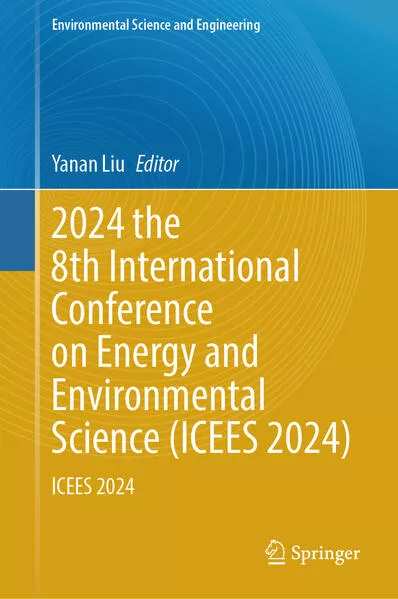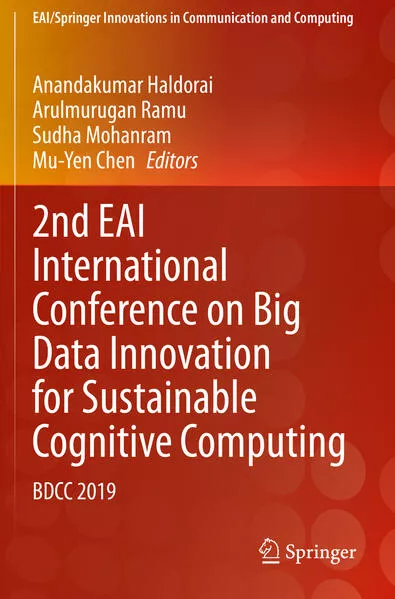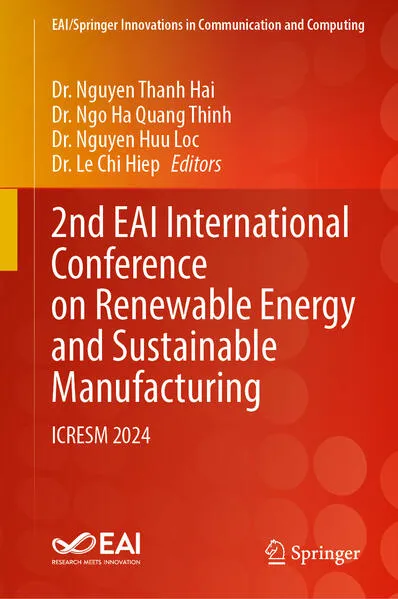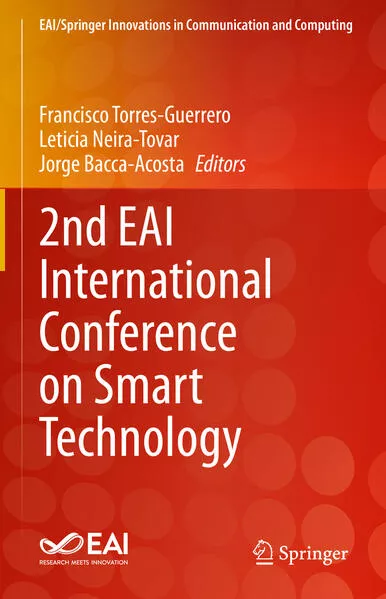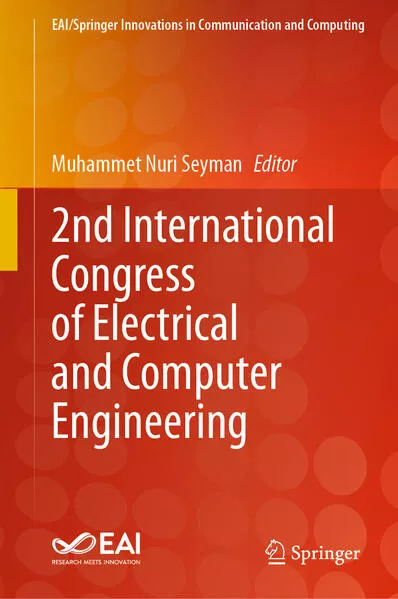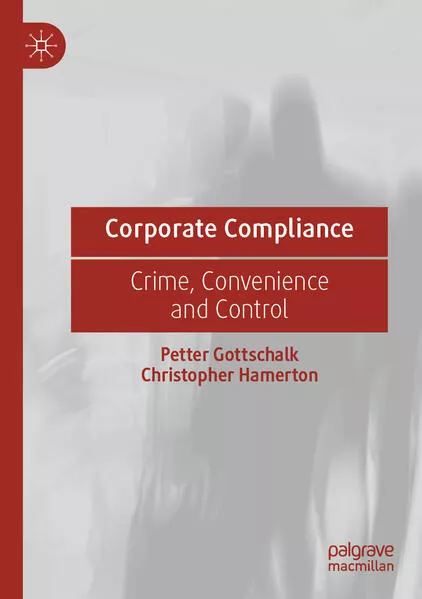
Corporate Compliance
Crime, Convenience and Control
Unterstütze den lokalen Buchhandel
Nutze die PLZ-Suche um einen Buchhändler in Deiner Nähe zu finden.
Bestelle dieses Buch im Internet
| Veröffentlichung: | 15.11.2023 |
| Höhe/Breite/Gewicht | H 21 cm / B 14,8 cm / - |
| Seiten | 378 |
| Art des Mediums | Buch [Taschenbuch] |
| Preis DE | EUR 128.39 |
| Preis AT | EUR 131.99 |
| Auflage | 1. Auflage |
| ISBN-13 | 978-3-031-16125-4 |
| ISBN-10 | 3031161254 |
Über den Autor
Petter Gottschalk is Professor of Information Systems and Knowledge Management at BI Norwegian Business School, Norway. He is the author of over 20 books on the topic of white-collar crime and knowledge management. He has served as CEO of Norwegian Computing Center, ABB Datakabel, Statens kantiner, and Norsk Informasjonsteknologi (NIT). He has lectured on criminal entrepreneurship, organised crime, and knowledge management at the Norwegian Police University College in Oslo, where his books on criminal organisations and police intelligence processes are used as text books. Dr. Gottschalk did his MBA in Germany (Technical University of Berlin), MSc in the United States (Dartmouth College and MIT), and DBA in the United Kingdom (Henley Management College, Brunel University). He has taught in Singapore; at Fudan University, China; and at the Arab Academy for Science, Technology, and Maritime Transport, Egypt. His studies on crime and policing is published extensively in international resea
Diesen Artikel teilen
0 Kommentar zu diesem Buch
... weitere Publikationen von Gottschalk, Petter
.... weitere Publikationen von Springer International Publishing
Okkultes Historiendrama über den bedeutendsten Geheimkult der Antike - Spannung, Archäologie, Liebe und Mystery
Bewerbungsfrist bis zum: 17.03.2026




